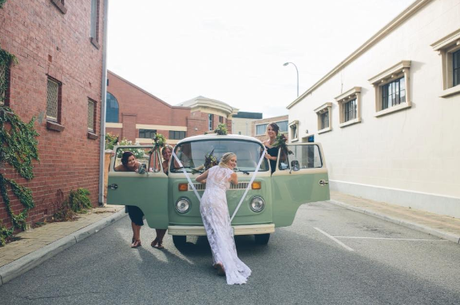
It was on 31 December, the last day of 2013, that the production of the Kombi van was officially terminated in its last manufacturing country Brazil. As per records, more than 3.5 million units of the classic, affordable and utilitarian vehicle have been produced so far. Earlier in 1979, the production lines were rolled off in Hanover, Germany. The reason for the termination was cited as non-compliance of the Kombi van with the current safety standards in Brazil. Volkswagen decided that it would be equipping the van with anti-lock brakes and airbags would make it too expensive for everyone.
However, even after the end of their production journey, Kombi vans have not gone out of fashion and are still retained by those who were the last to have the privilege of owning the Volkswagen classic. Many owners have turned it into mobile fast food centre, portable home or even ice cream van. There are also many businesses that provide event Kombi for hire in Perth.
During the ‘60s and ‘70s, the Kombi van became quite synonymous with surfers and hippies. This is because the utilitarian features of the vehicle made it easy to carry musical equipment, surf boards, and many other things. Besides that, the van did not necessitate very high maintenance and an occasional cleanup was more than enough. It brilliantly symbolised the free spirit of world travellers, families, peace activists, campers and lovers.
Over the years since its inception, the Kombi stayed in tune with modernisation by undergoing various modifications. However, its exterior look stayed more or less the same at all times. The Brazil-produced units were based on 2nd phase of Type 2 manufactured in Germany from 1967 to 1979. Instead of a split windscreen typical of the first phase, they came with a bay window. Moreover, they were also heavier and had a larger engine. Several iterations eventually increased body width and speed in addition to bringing water-cooled engine and automatic transmission.
Many people say that Kombis would continue to rumble along the road for another 60 years or so, despite that their production has shut down. Until the owners do everything possible to keep the remaining Kombi vans alive, the termination of their active production cannot put an end to the classic vehicle. These vans are treated by their owners as a family member, which is why they have become like a language understood across the globe.

